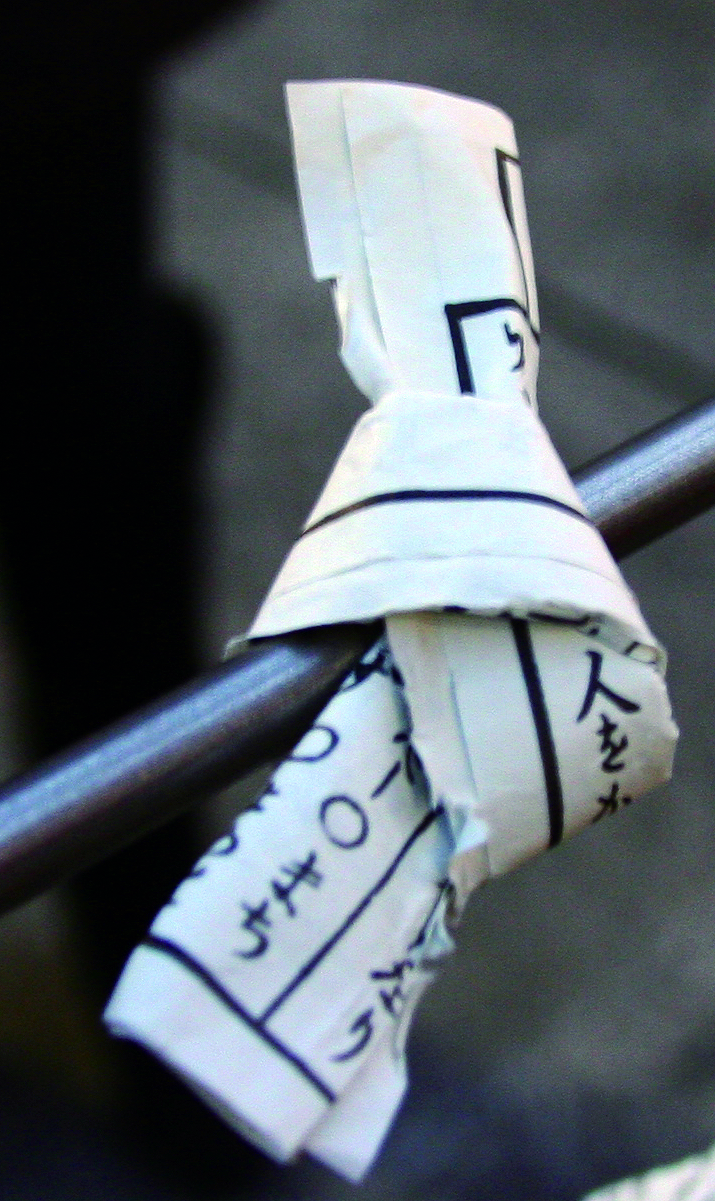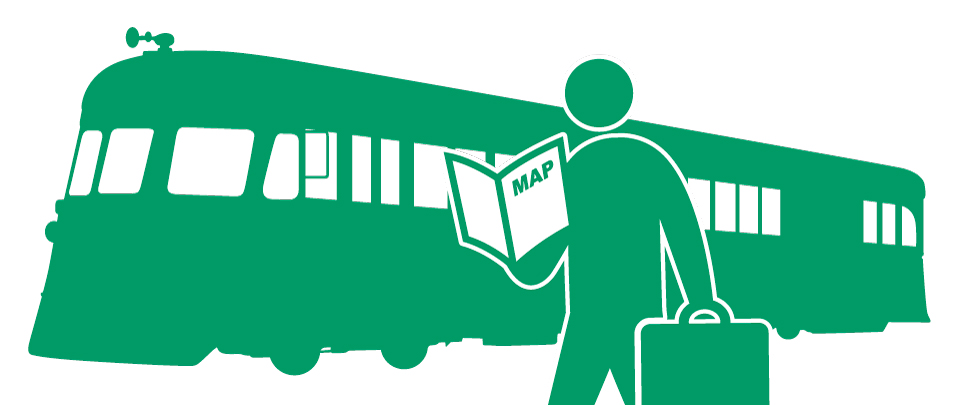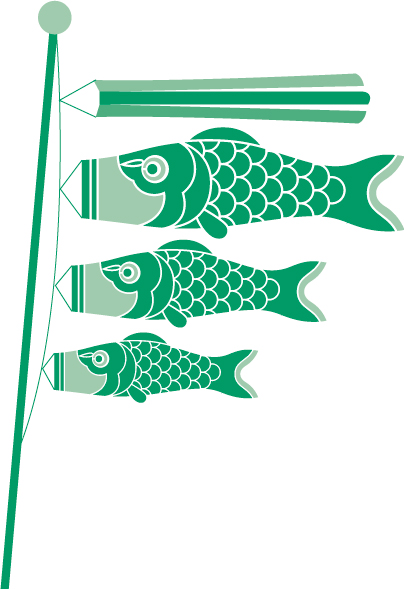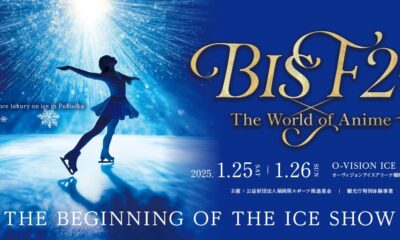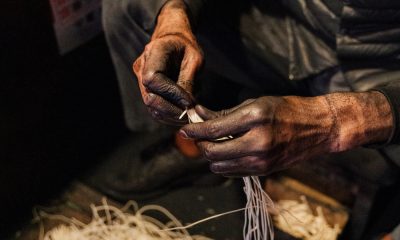Language
One point Japanese
Want to know what the year ahead has in store for you? Duck into a shinto shrine and pick up a traditional omikuji paper fortune to find out. Your fortune is decided by some form of lottery, depending on the shrine. You may have to draw a numbered stick from a wooden box or simply select a folded paper at random. Either way, you will end up with a small piece of white paper revealing your fortune.
Your luck, or lack of it, is commonly divided into seven categories, so look out for the kanji below. Whether you hit the daikichi jackpot or end up a daikyo loser, you can tie your paper to a tree, or other specially designated area, and wish for something good to happen.
| 大吉 | daikichi | Big luck! You’re a winner. |
| 中吉 | chukichi | Medium luck. Not bad. |
| 小吉 | shoukichi | Small luck. Nice try. |
| 吉 | kichi | Kind of lucky. Could do better. |
| 末吉 | suekichi | Uncertain. The future is unknown |
| 凶 | kyo | Bad luck. That’s unfortunate. |
| 大凶 | daikyo | Certain disaster. Watch your back. |
[box]
Kansai Ben 関西弁
Kansai has its own colorful regional dialect. Each month we look at a new set of phrases to get you mixing it with the locals.
Saying thank you:
おおきに (ookini)
おおきにすんません (ookini sunmasen)
えらいおおきに* (erai ookini)
*えらい: has three meanings in the Kansai dialect;
1) splendid, 2) tired and 3) very much.
おおきに: comes from おおきい+に “very much”. Often used by the older generation and by local tradesmen.
For more lessons see: www.kansaiben.com
[/box]


